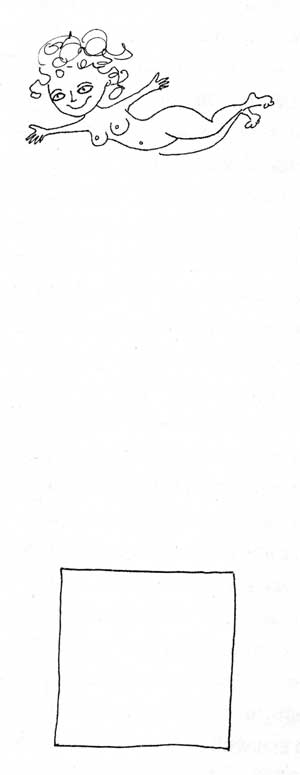"If we asked our artists for moral purity, we would have no one to read"
Laura Ventura interviewed Siri for Argentine news site La Nacion.
"From her home in Brooklyn, intellectual haven, writer Siri Hustvedt enters the appointment via Zoom minutes before schedule with a wide smile she appears between a narrow tunnel of books."
LV: One of the pillars of your work is the fragmentation of knowledge, the way in which science and the humanities are not integrated into our Western culture. How do you envision the future after the pandemic? Will we be more curious about science?
SH: To understand the complexity of human beings on Earth, we need not only science, but multiple ways of looking at the same problem. The pandemic is a great opportunity to think about uncertainty. Nobody knows what the future will be like. But there are a large number of scientists who think that we have entered a stage where the transmission of viruses from animals to humans is increasingly frequent. We don't know where we are going. We all get nervous in the face of uncertainty, and it makes us more vulnerable to wildly conspiratorial politics, developing scapegoats, and having tribal thoughts like, "I'm right; you're wrong." But even if the vaccine were found, science is not enough and we need political theories and philosophical thinking about what it means to be what human. What does it mean to have a biological identity? How do we connect with other species? In a time of crisis we need to bring together many different heads.
